
Professor Richard Dobson
Professor of Medical Bioinformatics
- Head of Department, Biostatistics & Health Informatics
Biography
Richard holds a dual appointment as Professor of Health and Medical Informatics at King's College London and at the Institute of Health Informatics, University College London. He is the Head of the Department of Biostatistics and Health Informatics, at King’s Institute of Psychiatry, Psychology & Neuroscience.
Richard is Deputy Director of the NIHR Maudsley Biomedical Research Centre, as well as its Theme Lead for Informatics. He is co-director of the EPSRC Centre for Doctoral Training in Data Driven Health.
Richard has over 20 years' experience developing data and Artificial intelligence (AI) with the NHS. Significant contributions to the healthcare sector include co-founding the CogStack platform, which supports clinical decision-making and healthcare research by processing large volumes of clinical text to reveal crucial insights, being deployed across numerous UK Trusts as well as providers across the EU, Australia, Asia and the USA. Another major area of focus is in the emerging domain of mobile health where his team have developed the award-winning open source RADAR-Base platform, enabling the collection and analysis of patient generated data through wearables, for example, FitBit, smartphones and Internet of Things (IoT) devices. This platform is used globally across many physical and mental health conditions.
Foresight is a recent development of the CogStack family, using large language modelling technologies, similar to ChatGPT, to learn from millions of patient records and accurately predict next medical events. He partners with regulators at the Department for Science, Innovation and Technology (DSIT), Information Commissioner's Office (ICO), InnovateUK and the Equalities Commission on initiatives such as the fairness innovation challenge to ensure safe and fair use of this kind of AI in healthcare. This work has been extended to development of a national foundation model of electronic health records (Foresight-SDE) for 51m people through a partnership with NHS England, Databricks, Amazon Web Services, Health Data Research UK (HDRUK) and the British Heart Foundation.
Richard has established strong links with the technology and pharma industry, charities, and academia. He sits on advisory groups for UK national strategy, policy and funding. He leads data and AI work streams for several industrial and academic, pan-European major programmes and UK collaborations including the Office for Life Sciences and the NIHR Mental Health Mission (MHM).
Richard’s research has garnered significant media attention, particularly for its impactful contributions to healthcare through the development of innovative technology. The CogStack platform has been highlighted for its potential to revolutionise patient care, being featured in the Chief Medical Officer's annual report, Secretary of State's keynote addresses and The Sudlow Review. His work has received numerous awards for AI in Health and Care and the societal benefits of his research are profound, improving healthcare delivery, enhancing patient experiences, and contributing to better health outcomes on a broad scale.
Research interests
- Bioinformatics
- Biomarkers
- Modeling
- Next generation sequencing
- Machine Learning
- Data Integration
- Networks
Teaching
- Bioinformatics, Interpretation and Data Quality in Genome Analysis
- Research Project
- Fundamental Neuroscience
Expertise and public engagement
- Population & Health Services Research working group, informing the Strategy Steering Group. Responsible for providing a narrative for inclusion in the final DoH 10-year strategy document. Department of Health (2016)
- Joint leadership for the GeL EHR Genomics England Clinical Interpretation Partnership (GeCIP) & Clinical Data and Life Course working group, Genomics England (2016-present)
- Member - aims to harness 1% of NHS IT funding for an open platform in healthcare to meet the needs of 21st Century Healthcare, 1% Open Digital Platform Challenge Fund Push (2016-present)
- BioResource Sequencing and Informatics Committee Member, NIHR (2012-present)
- Member of the University College London Hospital (UCLH) Research Systems Strategy Group (2016-present)
- Member of the King’s Health Partner (KHP) Informatics Strategy group (2016-present)
Research
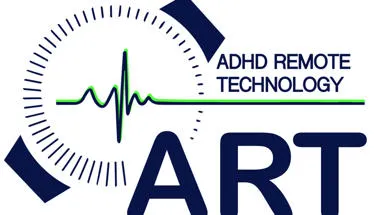
ADHD Remote Technology (ART)
The ADHD Remote Technology (ART) research programme focuses on the development and application of a novel remote measurement technology system for ADHD
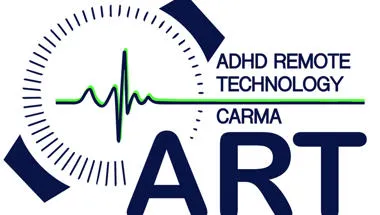
ART-CARMA – The ADHD Remote Technology study of cardiometabolic risk factors and medication adherence
ART-CARMA, the ADHD Remote Technology study of cardiometabolic risk factors and medication adherence, is a large remote monitoring project on adults with ADHD.
Project status: Ongoing
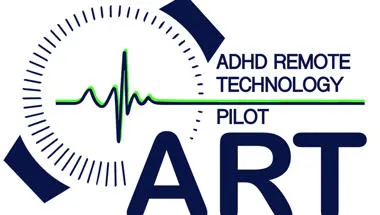
ART-pilot
The ADHD Remote Technology pilot feasibility study (ART-pilot) involves the initial development stages of the new remote measurement technology system for ADHD
Project status: Completed

Ageing Research at King's (ARK)
Cross faculty consortium addressing ageing and healthy longevity.
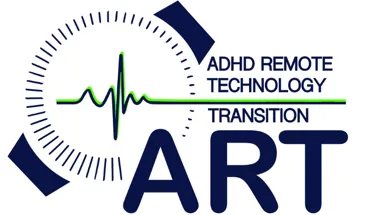
ART-transition - ADHD Remote Technology and ADHD transition: predicting and preventing negative outcomes
ADHD Remote Technology and ADHD transition: predicting and preventing negative outcomes (ART-transition) is a five-year MRC-funded research programme.
Project status: Ongoing
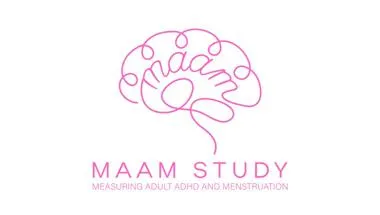
MAAM – Measuring Adult ADHD and Menstruation Study
The Measuring Adult ADHD and Menstruation (MAAM) Study is a collaborative project on women with ADHD between Queen Mary University of London and King’s.
Project status: Ongoing

NIHR HealthTech Research Centre in Brain Health
National Institute for Health and Care Research (NIHR) HealthTech Research Centre, designed to accelerate the advancement of cutting-edge technology to better understand brain health and ageing and help people live healthier lives for longer.

EDIFY
EDIFY is a four-year programme of research focused on how we understand and treat eating disorders in young people.
Project status: Ongoing
News
Third annual Demystifying Impact event explores entrepreneurial mindset
Staff and students gathered to hear about innovative approaches to ensuring research findings have impact in the real world through creating start up and spin...

New spinout CogStack is unlocking the power of healthcare data through AI to transform clinical care
A new spinout company will advance the digital transformation across healthcare providers by improving data quality for patient care, safety, population...
Groundbreaking AI trained on de-identified patient data to predict healthcare needs
An artificial intelligence (AI) model is being trained on a set of NHS data for 57 million people in England, from which personal information has been...

New Nobel Prize winner comes to King's to speak with students
Dr John Jumper, one of the winners of the 2024 Nobel Prize for Chemistry, came to King’s College London the day after the announcement to talk to students.
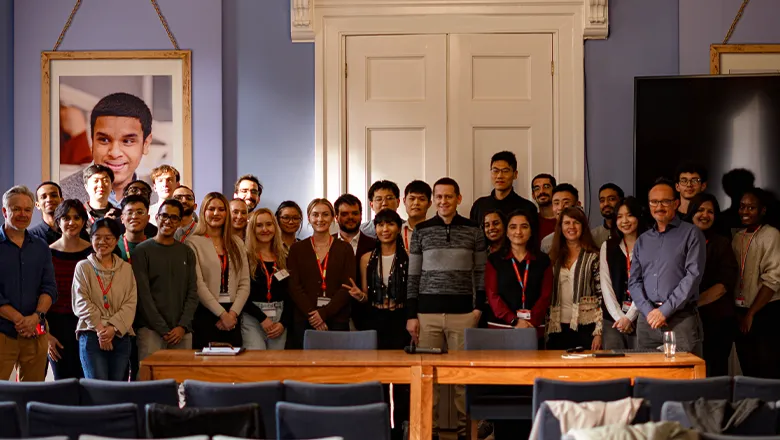
King's EPSRC Centre for Doctoral Training in Data-Driven Health partners with online banking start-up
Two new projects at the EPSRC Centre for Doctoral Training in Data-Driven Health (DRIVE-Health) at King’s College London will help harness healthcare data for...

IoPPN host delegation from Republic of Indonesia Ministry of Health
Visit underlines partnership and collaboration in the use of electronic health records and digital therapies, and for a new Perinatal Mental Health Centre in...
Researchers investigate ability of their new AI tool to predict medical events
A new study led by the Institute of Psychiatry, Psychology & Neuroscience (IoPPN) at King’s College London has demonstrated the potential of an AI tool they...
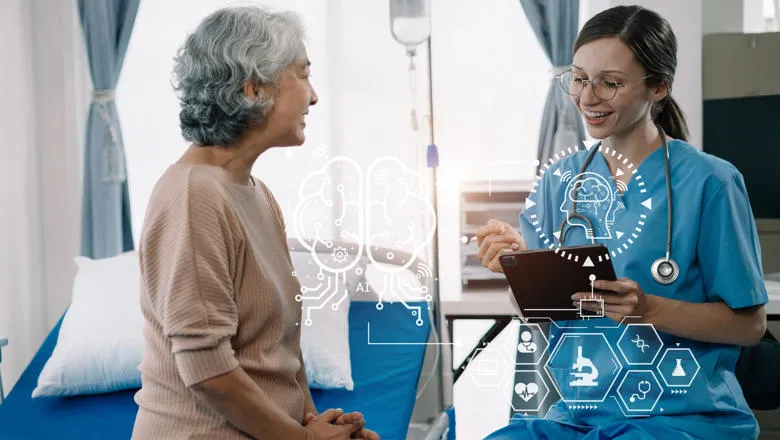
King's Centre for Doctoral Training in Data-Driven Health awarded multi-million EPSRC funding
The Engineering & Physical Sciences Research Council (EPSRC) has awarded £7.9 million to King’s Centre for Doctoral Training (CDT) in Data-Driven Health...

£2.5m funding to study transition to adulthood for individuals with ADHD
The Medical Research Council (MRC) has awarded £2.5 million funding to principal investigator, Professor Jonna Kuntsi, and team to use remote technology to...
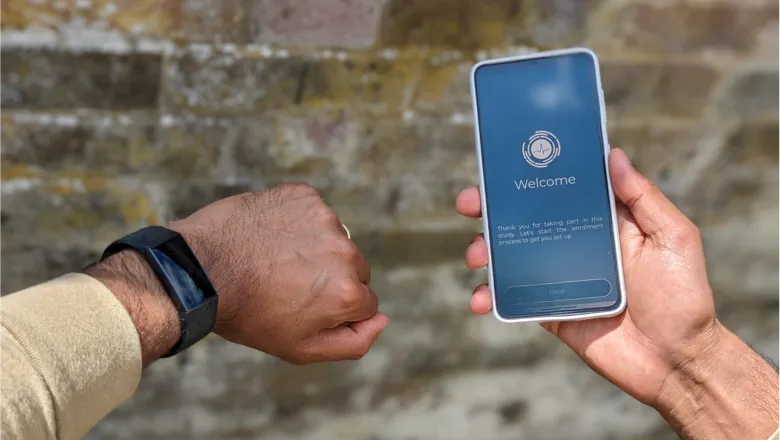
IoPPN to collaborate on new MRC funded project to investigate ADHD among women
The Medical Research Council (MRC) has awarded funding to co-investigators Professor Jonna Kuntsi and Professor Richard Dobson at the Institute of Psychiatry,...
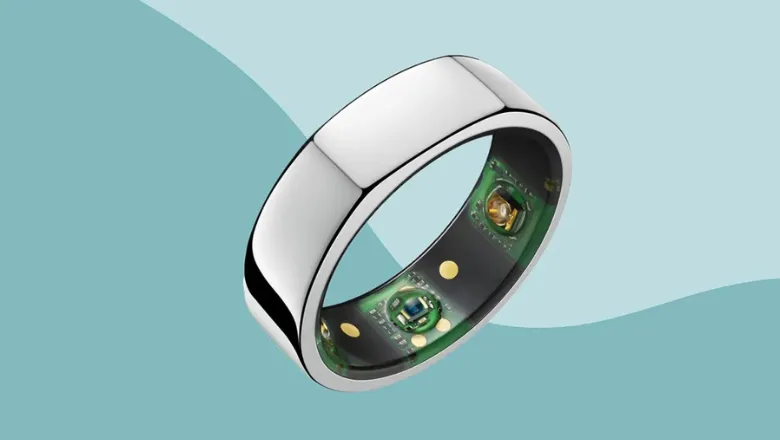
Events

Artificial Intelligence Showcase: AI, Genomics and the Patient Journey
Join us for our first CogStack Artificial Intelligence and Genomics Network of Excellence in AI Showcase. This exciting event will bring together top experts...
Please note: this event has passed.
Research

ADHD Remote Technology (ART)
The ADHD Remote Technology (ART) research programme focuses on the development and application of a novel remote measurement technology system for ADHD

ART-CARMA – The ADHD Remote Technology study of cardiometabolic risk factors and medication adherence
ART-CARMA, the ADHD Remote Technology study of cardiometabolic risk factors and medication adherence, is a large remote monitoring project on adults with ADHD.
Project status: Ongoing

ART-pilot
The ADHD Remote Technology pilot feasibility study (ART-pilot) involves the initial development stages of the new remote measurement technology system for ADHD
Project status: Completed

Ageing Research at King's (ARK)
Cross faculty consortium addressing ageing and healthy longevity.

ART-transition - ADHD Remote Technology and ADHD transition: predicting and preventing negative outcomes
ADHD Remote Technology and ADHD transition: predicting and preventing negative outcomes (ART-transition) is a five-year MRC-funded research programme.
Project status: Ongoing

MAAM – Measuring Adult ADHD and Menstruation Study
The Measuring Adult ADHD and Menstruation (MAAM) Study is a collaborative project on women with ADHD between Queen Mary University of London and King’s.
Project status: Ongoing

NIHR HealthTech Research Centre in Brain Health
National Institute for Health and Care Research (NIHR) HealthTech Research Centre, designed to accelerate the advancement of cutting-edge technology to better understand brain health and ageing and help people live healthier lives for longer.

EDIFY
EDIFY is a four-year programme of research focused on how we understand and treat eating disorders in young people.
Project status: Ongoing
News
Third annual Demystifying Impact event explores entrepreneurial mindset
Staff and students gathered to hear about innovative approaches to ensuring research findings have impact in the real world through creating start up and spin...

New spinout CogStack is unlocking the power of healthcare data through AI to transform clinical care
A new spinout company will advance the digital transformation across healthcare providers by improving data quality for patient care, safety, population...
Groundbreaking AI trained on de-identified patient data to predict healthcare needs
An artificial intelligence (AI) model is being trained on a set of NHS data for 57 million people in England, from which personal information has been...

New Nobel Prize winner comes to King's to speak with students
Dr John Jumper, one of the winners of the 2024 Nobel Prize for Chemistry, came to King’s College London the day after the announcement to talk to students.

King's EPSRC Centre for Doctoral Training in Data-Driven Health partners with online banking start-up
Two new projects at the EPSRC Centre for Doctoral Training in Data-Driven Health (DRIVE-Health) at King’s College London will help harness healthcare data for...

IoPPN host delegation from Republic of Indonesia Ministry of Health
Visit underlines partnership and collaboration in the use of electronic health records and digital therapies, and for a new Perinatal Mental Health Centre in...
Researchers investigate ability of their new AI tool to predict medical events
A new study led by the Institute of Psychiatry, Psychology & Neuroscience (IoPPN) at King’s College London has demonstrated the potential of an AI tool they...

King's Centre for Doctoral Training in Data-Driven Health awarded multi-million EPSRC funding
The Engineering & Physical Sciences Research Council (EPSRC) has awarded £7.9 million to King’s Centre for Doctoral Training (CDT) in Data-Driven Health...

£2.5m funding to study transition to adulthood for individuals with ADHD
The Medical Research Council (MRC) has awarded £2.5 million funding to principal investigator, Professor Jonna Kuntsi, and team to use remote technology to...

IoPPN to collaborate on new MRC funded project to investigate ADHD among women
The Medical Research Council (MRC) has awarded funding to co-investigators Professor Jonna Kuntsi and Professor Richard Dobson at the Institute of Psychiatry,...

Events

Artificial Intelligence Showcase: AI, Genomics and the Patient Journey
Join us for our first CogStack Artificial Intelligence and Genomics Network of Excellence in AI Showcase. This exciting event will bring together top experts...
Please note: this event has passed.
